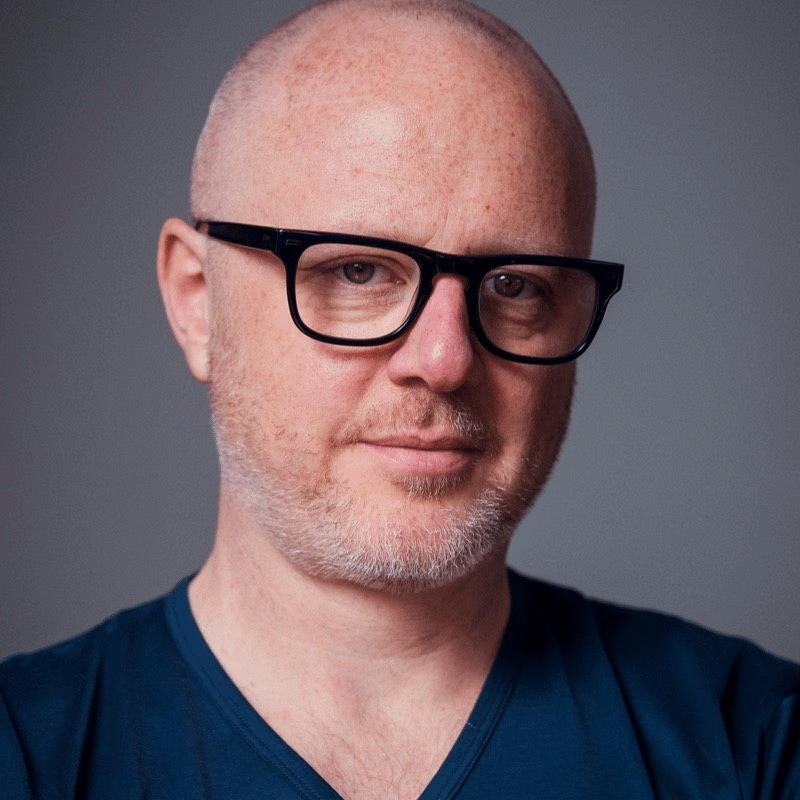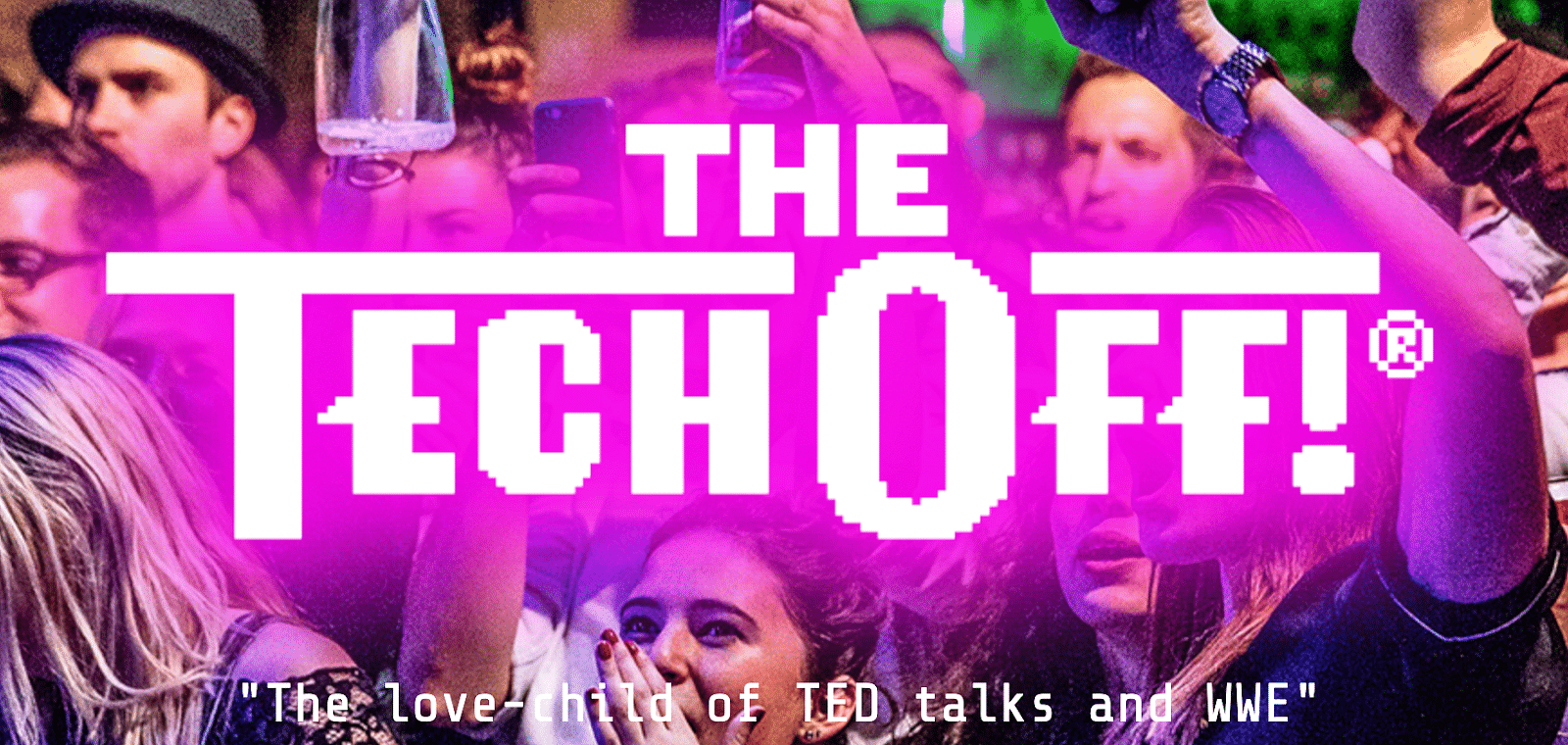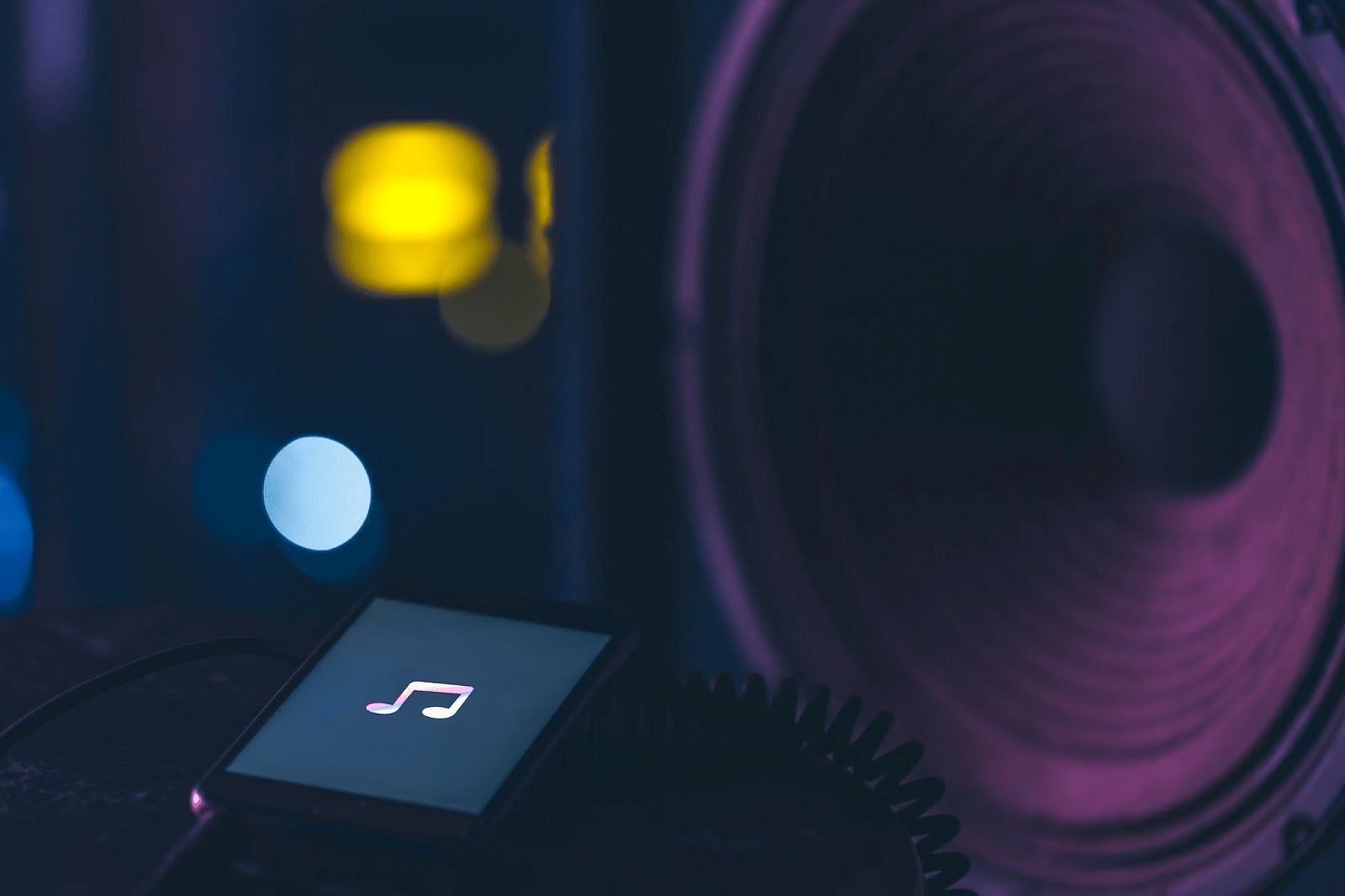
What is a social object — and how can you use it to spark conversations, engage with your audience, and attract more leads?
By Jim James, Founder EASTWEST PR and Host of The UnNoticed Entrepreneur.
Dan Kirby is the Co-Founder and Chief Executive Officer (CEO) of The Tech Dept. In the new episode of The UnNoticed Entrepreneur, he talked about social objects and how entrepreneurs can use them to start conversations, build a brand, and get noticed — without using money but using some creativity.
Image from LinkedIn
The Concept of Social Objects
Dan gratuitously got the concept of social objects from Hugh McLeod, who’s famous online for his cartoons (His cartoonist avatar is called Gaping Void, and his artwork is being used by several people, including Genius Network’s Joe Polish).
About eight or nine years ago, Dan read about Hugh’s opinion that social objects are the future of marketing. A social object is an object or a thing that you use to spark a conversation with somebody else — it could be a bottle of wine or a new iPhone.
In the world of social media, where online networking is really the thing, it’s a way you can connect with people without it being about what you are selling or, specifically, you. It’s a third-party element that allows you to build a relationship with somebody completely through the front door.
In other words, it’s a lateral way of building a relationship.
It’s like meeting someone with the latest iPhone, for example, and having a conversation with them about the iPhone. Through that, you can build a relationship, and they’d be open to listening to your sales proposition or marketing message.

Image from Unsplash
The Tech Off: What Worked, What Didn’t, and What It Gave Birth To
Dan runs The Tech Dept, a technology company that works like a plugin tech team for startups. And over the years, they’ve worked out different marketing methods because they have a complicated sales process (which is a relationship-led one). What they offer isn’t easy to sell online; they can’t really run Google ads because people aren’t searching for it.
The first iteration of them applying the social object concept was when they created an event series about eight years ago.
Back then, they thought of having an event that was a bit different than a standard service or marketing agency event. That led them to create The Tech Off. The event’s name came from an internal thing that happens when they start working with a client.
Compared to standard agency events where everybody talks about insights and case studies, The Tech Off is an event where they invite five to six good speakers who are given five minutes to speak, so they have to cut to the chase. The crowd then chooses who wins, and the winner gets a wrestling belt and the invitation to come back and defend their title at the next event.
Eventually, the thing became known around London and all over the world as the “love child of TED Talks and WWE (World Wrestling Entertainment).” From the first event, where they had 30 people (20 of them were employed in some way by the Tech Department), they were able to get around 600 people to go to a nightclub in East London (500 of whom had bought tickets) within a year.
The event is complete with nightclub and rock music, confetti cannons, strobe lights, and professional wrestlers who act as security. If one of the speakers goes over five minutes, a bell will ring, and they will be thrown off stage by security.
That became The Tech Dept’s social object.
At the time, the company worked with creative people (mostly from East London). They used the concept of social object as a way to host an event, which eventually became a cultural event in the area. It became a way for them to start conversations and bond with people — to have something to talk about that isn’t necessarily their business or proposition.
Screengrab from The Tech Off
Whilst The Tech Off was a lot of fun and a great way to build relationships, it was a machine that operated on its own logic. When The Tech Dept as a company evolved, there had been a misalignment in the strategy of the business and that event.
The Tech Off, in itself, was amazingly successful. They got invited to take it to Austin, Texas. It was also made into a pilot film by an award-winning film director. So on one level, it worked great to build fame. Dan has even won awards, probably, as a direct result of being seen as an ambassador for the tech industry around the world.
However, as for lead generation, The Tech Off started to lose its stability. The bigger it got, the less it became good as a lead-gen thing, and there’s a kind of paradox in that. It was good at creating conversations but not necessarily with the right people.
In their defense, the strategy of their business evolved during that time. And the event was arguably a distraction from the main business. When they had a bad year and lost a lot of money in 2017, they carried on doing it and segued to doing another marketing activity the following year.
Despite what happened, the social object concept never lost its resonance with them. They always knew that it was a good idea. So, they took the lessons from The Tech Off and that terrible year and applied them to a new social object — one that’s more aligned with their business proposition: a podcast.
Dan runs and hosts it, and it’s built on the story of him blowing up his business. Hence, the title, “Honey, I Blew Up The Business.”
From Blowing His Business to Helping Fellow Entrepreneurs
A social object isn’t your new website, new product, new hire, or new Chief Operations Officer (COO). These are interesting pieces of information that you can put out into the world. On the other hand, a social object transcends the business to make it more interesting to people who don’t know you to start engaging with you. The key thing is starting the engagement.
Dan thinks of his podcast as a frame that fits around his company’s proposition. His company builds digital products predominantly for impact-led entrepreneurs — or people with a social purpose.
Thinking about the terrible year they had — when they lost a load of money, and it was bad by any metric — he realised that without that, he wouldn’t have transformed himself in terms of his personal relationships, fitness, and his business (which are now all much better than they were before). It was an important lesson for him to grow.
Dan then thought about how he could use that insight to help other entrepreneurs avoid what he did, learn other things they can apply to their business, and, at the same time, help him out because he’s also trying to build a relationship with entrepreneurs.
Image from Unsplash
Unlike a physical event, a podcast is a media asset that can scale exponentially without him being in the room. He figured that it would work out because he’s also confident in chatting with people (In fact, he learned how to be “at the moment” at The Tech Off stage).
If he can speak to entrepreneurs about what their worst experiences were — and how they got their businesses back on track and what they learned — it will be a more valuable content than any other thing that The Tech Dept can describe as something good for their audience.
With the podcast, Dan is genuinely trying to serve his audience, and because of that, the podcast has seen an amazing response.
Within 48 hours, they were no. 2 in the entrepreneurship charts in the UK. They’ve also been consistently in the Top 40. After about 15 months, they’re now in the top 5% of podcasts globally and are heard in over 44 countries. They did this with zero marketing budget — they didn’t run any ads or do any promotion apart from posting it on their Twitter feed and doing a bit of sharing on their personal platforms.
Currently, he’s interviewed about 55 top-end entrepreneurs. These people have also become his friends whom he consults about ideas or strategies, and vice versa.
The podcast gave a halo effect around the brand. It engages with people. He also had people who came on the podcast recommend him to others. It’s a way of creating conversations. And because it’s rooted in the premise of giving genuine value, people have a 100% belief that Dan’s business itself is great (which it is).
The podcast has become a more fluid way of getting people into the funnel.
Staying True to a Genuine Purpose
When thinking of co-creating a social object with others, you have to go back and ask yourself: What’s genuinely authentic to me? If you hate public speaking, you don’t want to set up a podcast.
Image from Unsplash
Think about what’s true to you and, in the words of entrepreneurial coach Dan Sullivan, what’s your “unique ability.” Once you know that, you can partner with people with the other skills you need (e.g., they may be good on camera or on stage). You can provide insights in different ways and think creatively and laterally.
There was a point when Dan was literally dressed as a wrestler on stage and on camera. As a direct result, he was named a Digital Ambassador by the British Interactive Media Association. He completely committed career suicide on multiple levels by doing what he was doing. But it showed that lateral creative moves are where it's at.
What people aren’t doing in your industry — what’s abnormal in your industry — creates a difference. That’s how you become noticeable: When you’re not doing the same old stuff as everybody else.
If you think about The Tech Off, even though it was ultimately misaligned with his business over time, the root of it was not trying to do what everybody else did and creating a different concept.
It could have fallen on its face, but it didn't. It’s partly because people fell in love with it. However, Dan was clear that he didn't need everyone to love it. He only needed some people to love it, and some could not be bothered. In fact, some people hated it (A guy who completely missed the joke had a very interesting write-up in Gizmodo).
But he and his team didn’t care because they were doing their thing. They were engaging with their audience and it was simply fun. And the point here is that you have to go back to what's true to you, what's fun and engaging, what's creative, and what people are not doing.
Image from Honey, I Blew Up The Business
Dan’s purpose with the podcast is a genuine social purpose. He’s genuinely trying to help other entrepreneurs avoid the pitfalls he made and learn ways to better survive and thrive.
Nonetheless, note there are other ways you can have a social purpose — through charity, giving, education, or helping people. It comes down to rather than thinking about “Me, me, me” or “I need people in my funnel,” give and pay forward. Treat it as an act of service. Because relationships coming from a very grounded place are much better.
When people come to him asking how he made the podcast successful (e.g., How many ads did he run? On what platforms did he run them?), he shares that he and his team didn’t do any of those. They tried to genuinely help people, and people can sense that. They sniff if you're trying to sell them something, and they don't want that. People don't want to be sold to; you don't want to be sold to.
Go back to the basic principles so you can serve your customers' actual needs, not just try and keep your production facility busy. Serve what they want and not what you’re trying to sell. If you do that, you’ve got a fighting chance of building a relationship with them on terms that will be more successful for you over time.
On Sonic Branding
Back in 2001, Dan set up a visual branding agency, which he eventually sold in 2009. A client asked them if they could do an audio logo. He tapped Martyn Ware — a friend, a renowned pop star, and founder of The Human League band in the ‘80s — to help him do a sonic logo. He’s also the Co-Founder and Creative Director at The Illustrious Company where he works with Co-Founder Vince Clarke, who had a band named Erasure and produced sound logos for them as well.
That story underscores how Dan and his colleagues treated sound and audio strategically. They treated it as something that should align with your brand and values, not just with what the founder likes.
As a result of that, they built a team with Noel Palace who’s based in Portland, Oregon, and became the world’s first transatlantic sonic branding agency. They did a lot of work with brands in New York and London and got appointed by Dolby to do the global sonic brand for them (Though it didn’t push through because of the financial crisis in 2008).
Image from Freepik
As an entrepreneur, how you design your brand is more important. Think about all the aspects of it — visual, physical, and audio. Consider what your customers want to hear, not what you want to hear. Don’t just whack on some heavy rock because you like Iron Maiden.
Think about the vibe, the essence, and the brand you're trying to build: How can the sound serve that?
As you would for a visual logo, do a mood board, get different audio snippets, and see what feels right. Then, design something appropriate. Nowadays, there are a lot of cost-effective libraries of content, and you can also commission someone for bespoke ones.
If you're an entrepreneur and want to avoid some of the pitfalls Dan fell into and learn from high-profile, well-respected entrepreneurs, check out his podcast at www.honeyiblewupthebusiness.com. He is also on LinkedIn, Twitter, and Instagram.
This article is based on a transcript from my podcast The UnNoticed Entrepreneur, you can listen here.
Cover image by vanitjan on Freepik






